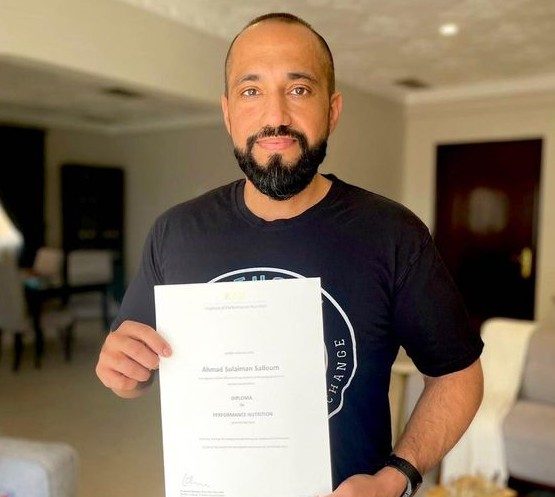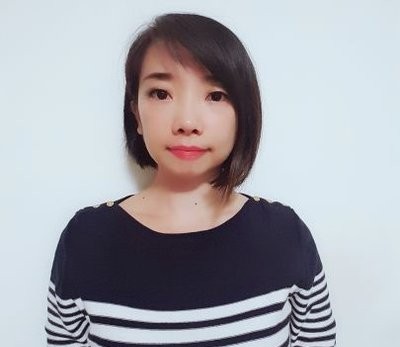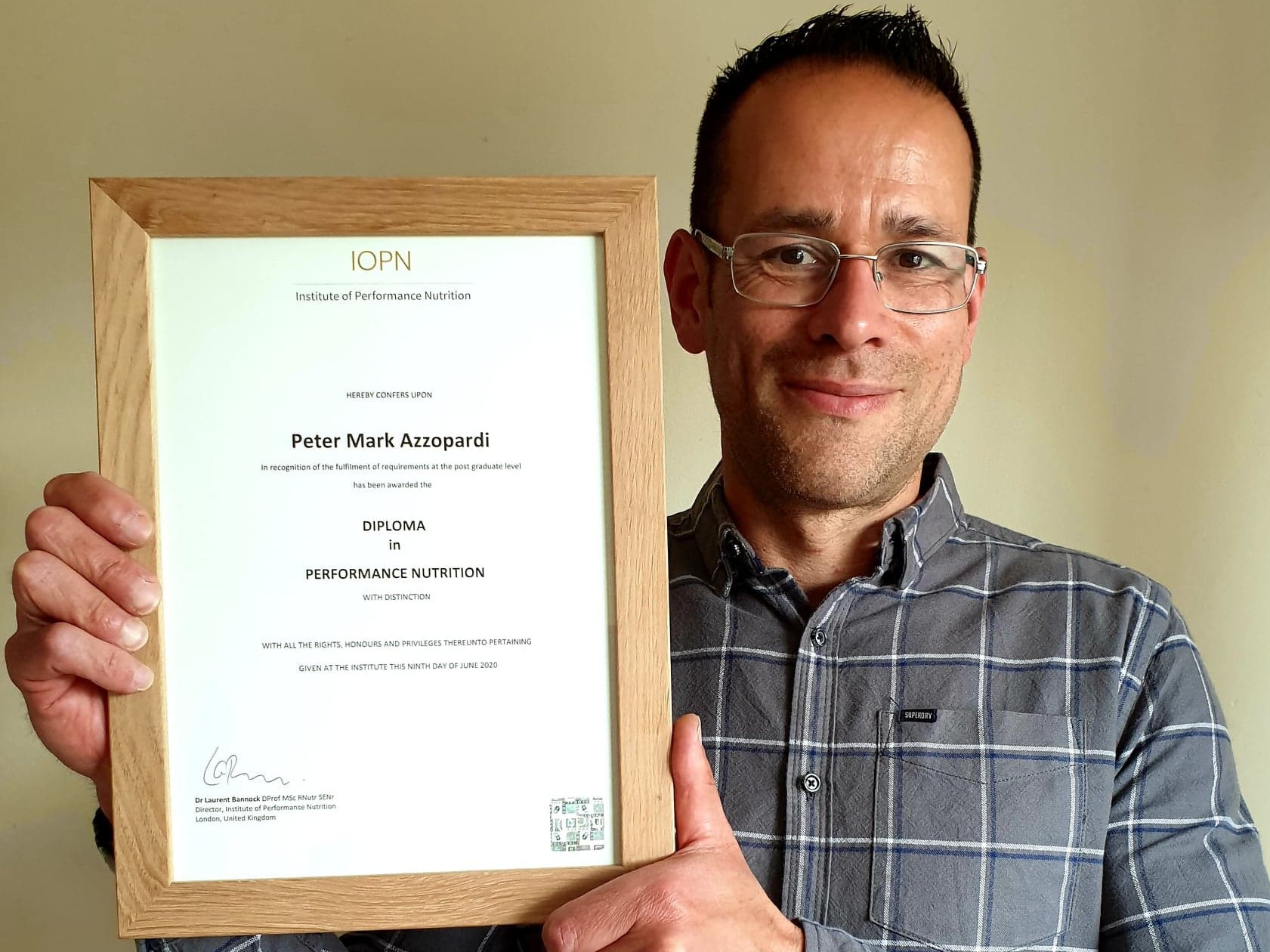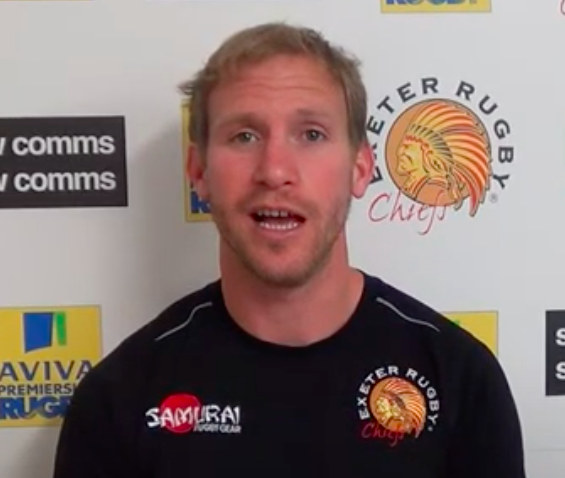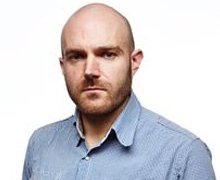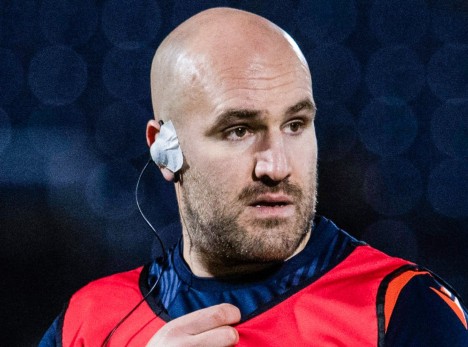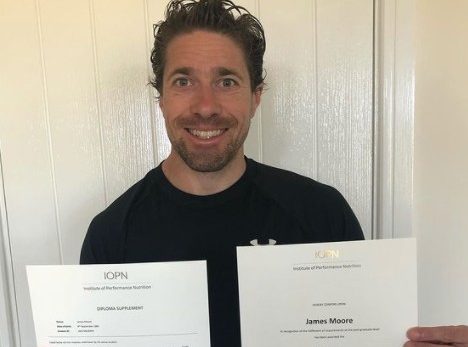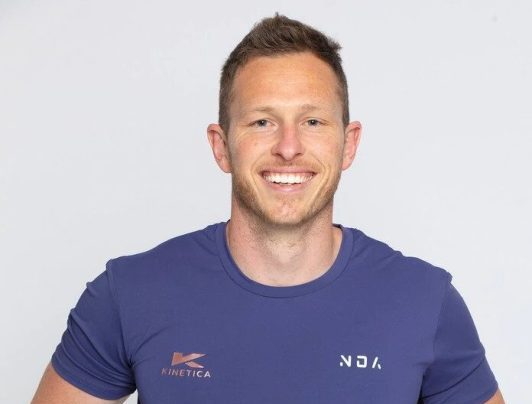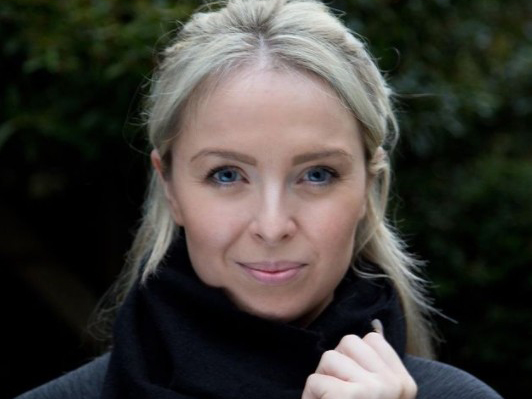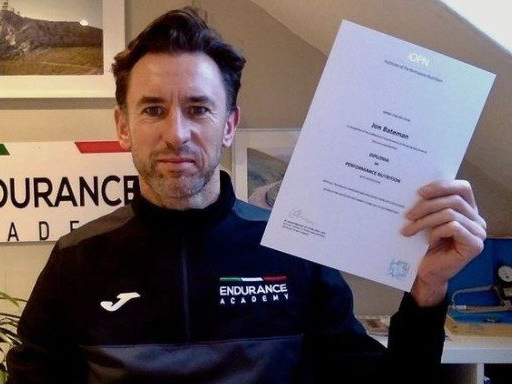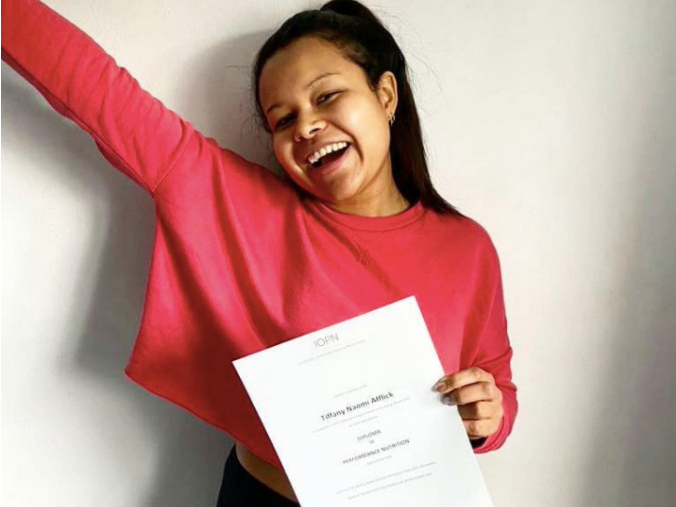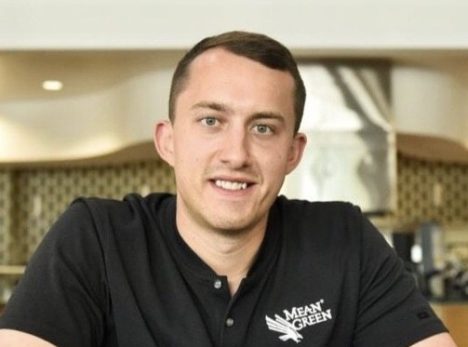
Student success story: Charles Ashford
Name: Charles Ashford
Job: Director of Sports Nutrition at University of North Texas
Enrolled: 2015
Graduated: 2016
Charles’s story
After graduating from Brunel University with a degree in Sport and Exercise Science, Charles Ashford had planned to study a master’s degree in sports nutrition in the UK, but instead embarked on a full-time internship at Texas Tech University.
It was during his first year working with college athletes in Texas that he realised he needed to upskill and improve his knowledge and practical expertise in sports nutrition. He enrolled on the IOPN Diploma in Performance in Nutrition in 2015 and graduated a year later.
He has since gone on to become the Director of Sports Nutrition at the University of Texas, where he built their sports nutrition program from scratch. He educates student athletes how to fuel for optimal performance and also works as a consultant sports nutritionist for a leading NBA side – find out how the IOPN Diploma helped Charles to further his career..
You already had a degree before enrolling on the diploma – why did you decide to sign up to the course?
After my first college football season kind of came and went, from September through to January, at the turn of the year I just realised that I needed to upskill from a knowledge standpoint. I had a pretty good grasp of exercise physiology and exercise science and knew a little bit about training and nutrition, but I felt that if I was really going to make a go of this as a career, I had to advance.
Why did you choose the IOPN diploma over other courses?
It was perfect for me at that stage of my career. I was working full-time and needed something to fit around that. I was able to work full time and do the course on my own schedule. No other course could offer the same wealth of world-class lecturers either – that was an incredible selling point for me, to be exposed to world-class sports nutrition practitioners, people like James Morton, who are world renowned for their expertise, was an amazing opportunity.
How did you fit the course in around your full-time work?
Some nights I’d watch two or three lectures and other times I’d leave it for two or three weeks because I had to focus on my job. The Facebook support group was really useful and having an individual tutor to speak to was a huge help as well. The Head of Education, Alex Ritson, was also brilliant to work with – his level of knowledge is incredible and he goes to huge lengths to help students.
How quickly did your new knowledge impact your work with athletes?
Almost immediately. I was going back into the facility, day-to-day, after watching lectures and reading the course material and was able to speak to my supervisor about these things and have some of these high level discussions. We immediately looked at how we could apply it to our athletes.
I think most student-athletes have typically got by on their talent alone. Once they step foot on a college campus, the standard of competition and demands of training increase exponentially. Trying to meet those demands can be difficult to navigate and it is our staff’s responsibility to help teach the student-athletes how they can better align their nutrition to their goals to support health, performance and recovery.
Has the course helped to advance your career?
Definitely, I was 21 when I enrolled and I was embedded in a program full time whilst I was gaining all of this new knowledge. A lot of opportunities came my way after graduating and I credit a lot of that to that to the course.
I also did a master’s degree a few years later but I actually found the diploma more valuable than I found my master’s degree, because I felt like I already had that level of knowledge from the diploma by the time I went into the master’s. I also didn’t get access to the same world leading experts in their area. There are only a handful of courses in the world that offer that and the IOPN is one of them.

